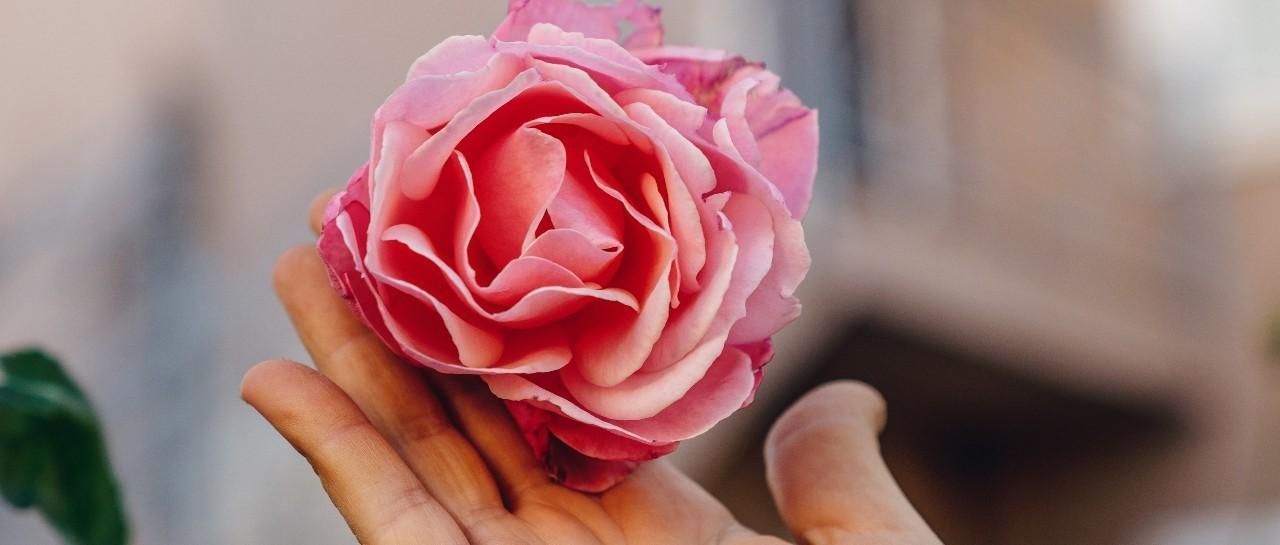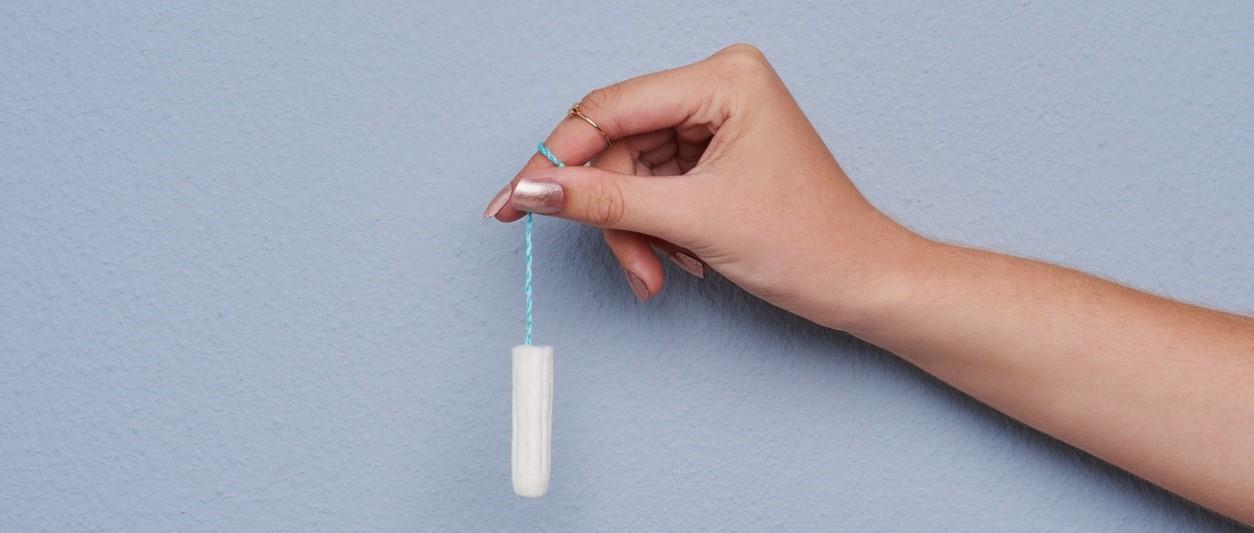
What do normal labia look like?
Peer reviewed by Dr Sarah Jarvis MBE, FRCGPLast updated by Emily Jane BashforthLast updated 15 Oct 2021
Meets Patient’s editorial guidelines
- DownloadDownload
- Share
- Language
- Discussion
Labia come in all different shapes, sizes, lengths and colours. However, there's a lot of misinformation suggesting there's only one way to have labia. This leaves many people wondering whether theirs are 'normal', and often feeling self-conscious and anxious.
In this article:
Video picks for Vaginal and vulval health
The vulva is the medical term for your external female sex organs, including the labia, clitoris, Bartholin's glands and the area of skin just outside the vagina. You have two folds of skin on either side of the opening of your vagina - your inner and outer labia.
There's huge natural variation between the appearances of different people's labia. However, there's a lot of misinformation suggesting there's only one 'normal' appearance. This leaves many people wondering whether theirs are 'normal' and often feeling self-conscious and anxious.
Dr Becky Mawson, a GP with a special interest in sexual and reproductive health, wants people to start loving and appreciating their vulva, which she describes as a part of the body that can bring endless joy.
"We need to push back against the 'porn vulva' and educate people that 'real vulvas' come in all shapes, sizes and colours," she says.
Where is the vulva?
Continue reading below
Is there one way labia should look or are there different kinds?
The external vaginal lips are called the labia majora, or outer labia - the hair-covered outer part of the vulva. These are sometimes larger and cover the underlying parts of the vulva, but they might also be shorter and flatter. The labia minora are the inner lips. These are thinner and more sensitive. They might be visible below the labia majora, but some are not.
Dr Mawson is no stranger to being asked by patients in both general practice and sexual health clinics whether their genitals look 'normal'. However, she stresses that there isn't one way to have a vulva.
"Asking if your vulva looks normal is a bit like asking if your fingerprint looks normal. They come in all shapes, colours and sizes. No one is the same as another."
What should I do if my labia don't look like most others?
Back to contents"The vulva is part of the body that we hide away and don't talk about. You might only ever have seen your own vulva once and it can cause major worry if you think something is out of place. Most commonly, people worry about someone else making a comment about it, as some people may have had an unkind comment from a sexual partner that started the insecurity," Dr Mawson shares.
"Your vulva won't look the same as anyone else's and your partner will never have seen another one like it. You are unique."
Cosmetic procedures on the vulva are becoming increasingly popular, with more and more people seeing surgeons for a labiaplasty (any surgery to alter the appearance of the labia) or labia reduction. A labia reduction is the removal of some skin from the labia minora to make them shorter and more symmetrical. However, Dr Mawson fears such procedures are feeding into people's insecurities and vulnerabilities, rather than helping them gain body confidence.
Although, she accepts that people with really enlarged labia minora have benefited from having them shortened: "Some have had issues with clothing and getting caught up during sex, which surgery improved for them."
Continue reading below
Why do people think their vulva needs to look a certain way?
Back to contentsThere’s a lot of pressure for all our bodies to look the same and fit a certain type. However, it just doesn't work like that, and nor should it.
Dr Mawson says pornography has a lot to answer for in perpetuating unrealistic body ideals and convincing people their genitals aren't normal unless they tick certain boxes.
"Porn is now easily accessible on the internet and many people will use this as a guide to normal sex and normal bodies. Unfortunately, expecting your sex life and body to be like the professionals who are acting in porn is a bit like watching Real Housewives of New Jersey and expecting all housewives to look and behave that way."
She says the symmetrical, bald, pale, pinched and pruned vulvas seen in porn create the expectation for all vulvas to look like that.
"There is also pressure to remove all the hair from the vulva. This leads to problems as the hair is there for a reason: it protects the more delicate labia minora. When you remove all the hair it leaves no protection from clothing and can make them feel sorer and more sensitive. I tend to recommend leaving at least a small strip of hair on the labia majora."
What is abnormal or may require a medical opinion?
Back to contentsWhile it's normal for your labia to look nothing like another person's, there are some medical conditions that can affect the vulva that it's important to look out for.
"Firstly, we worry about vulval cancer. This is rare but if you notice any abnormal skin changes, thickening to the skin, ulceration or bleeding you must seek medical attention straightaway.
"Sexually transmitted infections can also affect the vulva, such as herpes, which gives very painful little ulcers or genital warts which are hard, raised painless lumps.
"The vulva can also be affected by skin conditions like eczema and psoriasis. There is a skin condition called lichen sclerosis which causes damage to the structure of the vulva and makes it flatten out and become scarred.”
Dr Mawson recommends getting checked out by a GP or sexual health team if there's anything you're worried about, and particularly if you have any of the above symptoms.
Continue reading below
In summary: get comfortable!
Back to contentsDr Mawson encourages everyone with a vulva to get to know how it looks. You can use a mirror to look at it and get comfortable with how individual yours is, and keep an eye out for any skin changes.
She also directs people to The Great Wall of Vagina: "It's a fantastic piece of artwork aiming to change body image through art. Made up of 400 plaster casts of vulvas, it helps you see how different we all are down below!"
Patient picks for Vaginal and vulval health

Women's health
Tampon tests - the latest way to check your vaginal health
For 90 years, women have used the modern tampon to do one job each menstrual cycle. Now, scientists are discovering that it can do so much more in the world of healthcare. We explore this promising new way to diagnose poor reproductive and sexual health - and ask what else the future might hold for tampons in women's healthcare.
by Amberley Davis

Women's health
Understanding vaginal cysts
Noticing a cyst in and around your vagina can be worrying and unexpected. However, they are very common and usually nothing to worry about. Here we explain what these cysts are, and the possible causes of having one.
by Victoria Raw
Continue reading below
Article history
The information on this page is peer reviewed by qualified clinicians.
15 Oct 2021 | Latest version

Ask, share, connect.
Browse discussions, ask questions, and share experiences across hundreds of health topics.

Feeling unwell?
Assess your symptoms online for free
Sign up to the Patient newsletter
Your weekly dose of clear, trustworthy health advice - written to help you feel informed, confident and in control.
By subscribing you accept our Privacy Policy. You can unsubscribe at any time. We never sell your data.